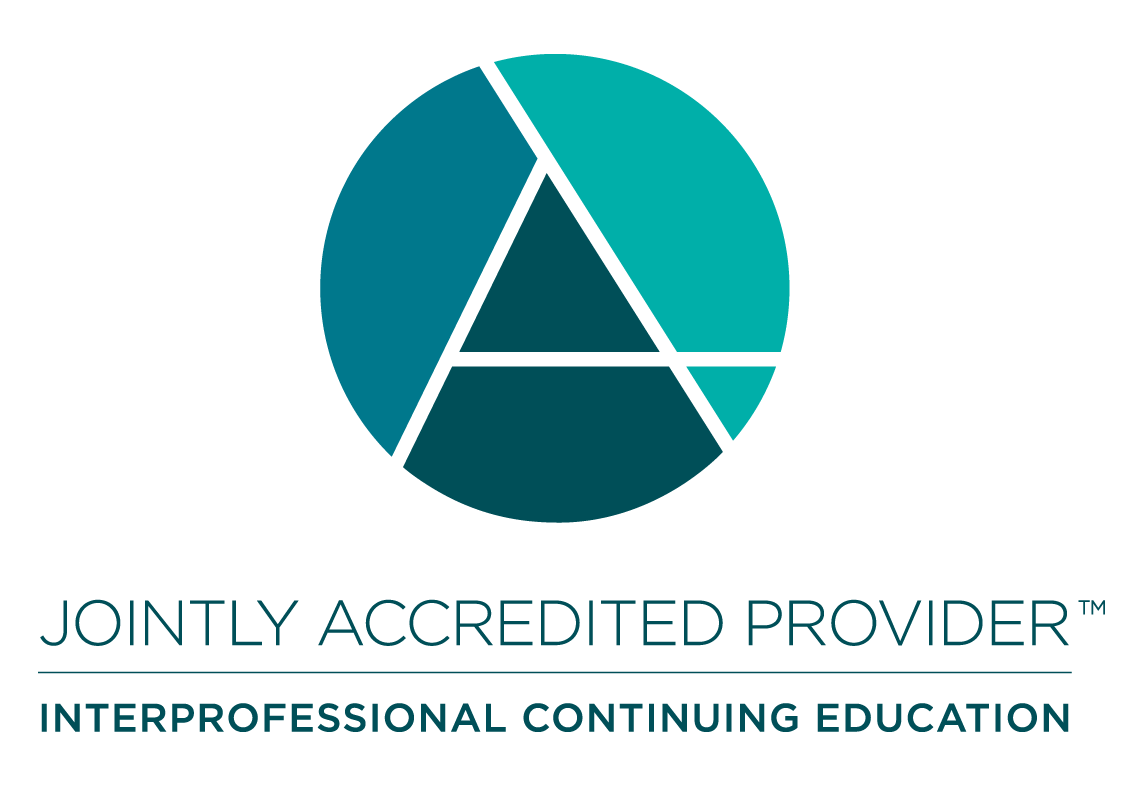University of Pittsburgh Health Sciences eLearning Environment Internet-based Studies in Education and Research
 INTRODUCTION
INTRODUCTION
 ABIM MOC Activity ID
ABIM MOC Activity ID
 3-15-2022 - Medical Grand Rounds: A Public Health Approach to the Overdose Epidemic: Lessons Learned from Academia
3-15-2022 - Medical Grand Rounds: A Public Health Approach to the Overdose Epidemic: Lessons Learned from Academia
 QUIZ
QUIZ
 EVALUATION
EVALUATION
 CERTIFICATE
CERTIFICATE
Credit Hours: CME 1.00
Faculty, residents, fellows, and community physicians in General Internal Medicine and subspecialties.
Upon completion of this activity, participants should be able to:
- Identify differences in pharmacologic properties and treatment delivery systems for medications to treat opioid use disorder
- Increase interest and intent in providing or referring patients for medication treatment for opioid use disorder.
- Increase interest and intent in incorporating harm reduction strategies into health care settings for patients at high risk of opioid overdose.
Abstract
Dr. Chinazo O. Cunningham has a strong background in substance use treatment and clinical medicine, with previous extensive clinical experience at Montefiore Health System and as a Professor of Medicine, Family and Social Medicine, and Psychiatry and Behavioral Sciences at the Albert Einstein College of Medicine. She has recently taken on the great honor and responsibility of working as the Commissioner of the New York Office of Addiction Services and Supports (OASAS), where she leads one of the largest addiction management programs in the US, helping with all stages of treatment and prevention.
Prior to
her work with OASAS, she worked as the Executive Deputy Commissioner of Mental
Hygiene at the NYC Department of Health and Mental Hygiene, was instrumental in
the integration of buprenorphine into clinical practice in New York City, and
helped to train physicians on substance use disorder treatment specifically in
the primary care setting. We are thrilled to host her and to hear her talk
titled, "A Public Health Approach to the Overdose Epidemic: Lessons
Learned From Academia".
Joint Accreditation Statement

In support of improving patient care, the University of Pittsburgh is jointly accredited by the Accreditation Council for Continuing Medical Education (ACCME) and the Accreditation Council for Pharmacy Education (ACPE), and the American Nurses Credentialing Center (ANCC), to provide continuing education for the healthcare team.
The University of Pittsburgh School of Medicine designates this enduring material activity for a maximum of 1.0 AMA PRA Category 1 Credit[s]™. Physicians should only claim credit commensurate with the extent of their participation in the activity. This educational activity is approved for 1.0 contact hours.
Other health care professionals will receive a certificate of attendance confirming the number of contact hours commensurate with the extent of participation in this activity.
Suggested Additional Reading:
- Academies of Sciences, Engineering, and Medicine. 2019. Medications for opioid use disorder save lives. Washington, DC: The National Academies Press. doi:https://doi.org/10.17226/25310.
- Cunningham CO. Treatment of Opioid Use Disorder. Baltimore (MD): Johns Hopkins University; New York State Department of Health AIDS Institute Clinical Guidelines. 2019 Aug. Available at https://www.hivguidelines.org/substance-use/oud/
- The American Society of Addiction Medicine’s National Practice Guideline for the Use of Medications for the Treatment of Addiction Involving Opioid Use. May 27, 2015. http://www.asam.org/docs/default-source/practice-support/guidelines-and-consensus-docs/national-practice-guideline.pdf?sfvrsn=22
Dr. Cunningham's husband was previously employed by GE Healthcare and Exact Sciences, and received stock and stock options as part of his compensation. No other planners, members of the planning committee, speakers, presenters, authors, content reviewers and/or anyone else in a position to control the content of this education activity have relevant financial relationships to disclose.
This activity is approved for AMA PRA Category 1 Credit™
The University of Pittsburgh is an affirmative action, equal opportunity institution.